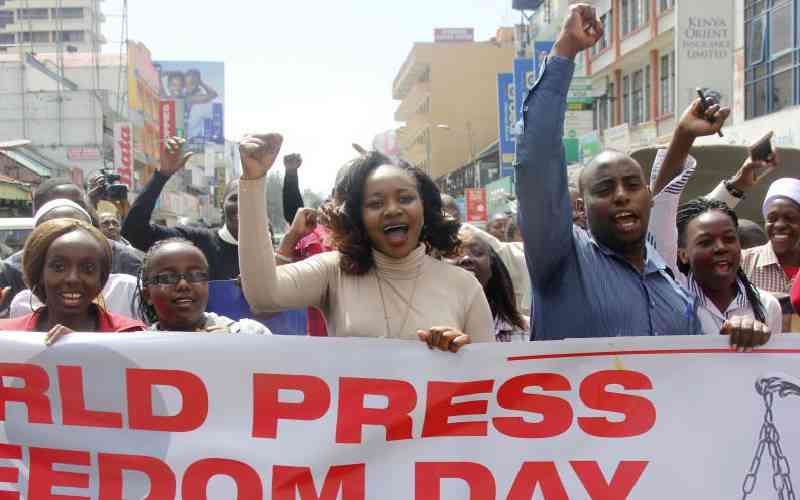×
The Standard e-Paper
Kenya’s Boldest Voice

In recent times, the media's role as the fourth estate, wielding its watchdog function to scrutinise government actions, has encountered a mounting challenge from government officials, posing a potential threat to its credibility.
This development can gradually erode the media's standing, creating an environment ripe for the proliferation of misinformation, propaganda and the potential to erode democratic values.